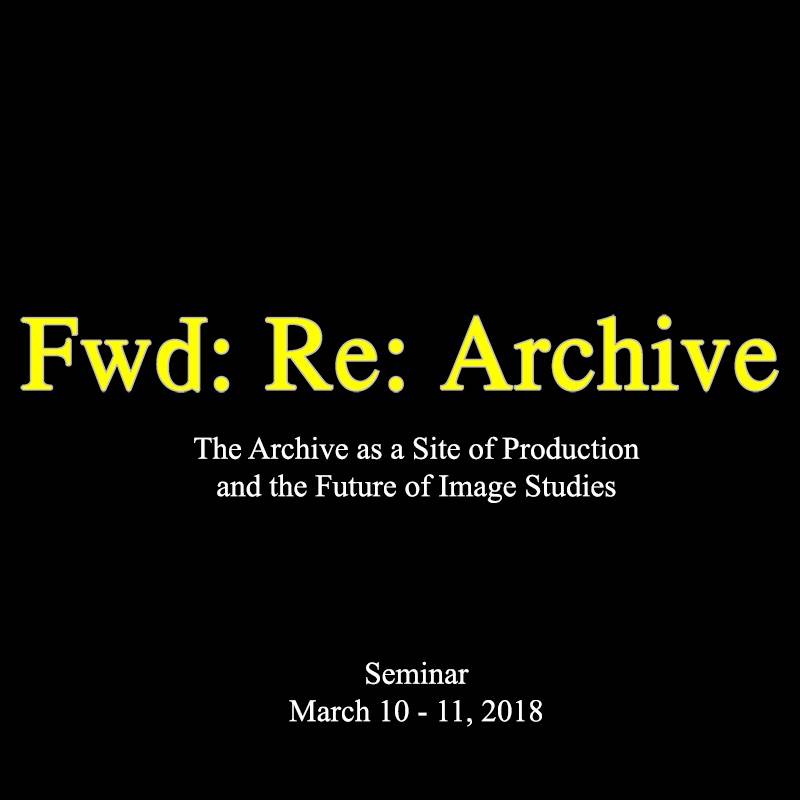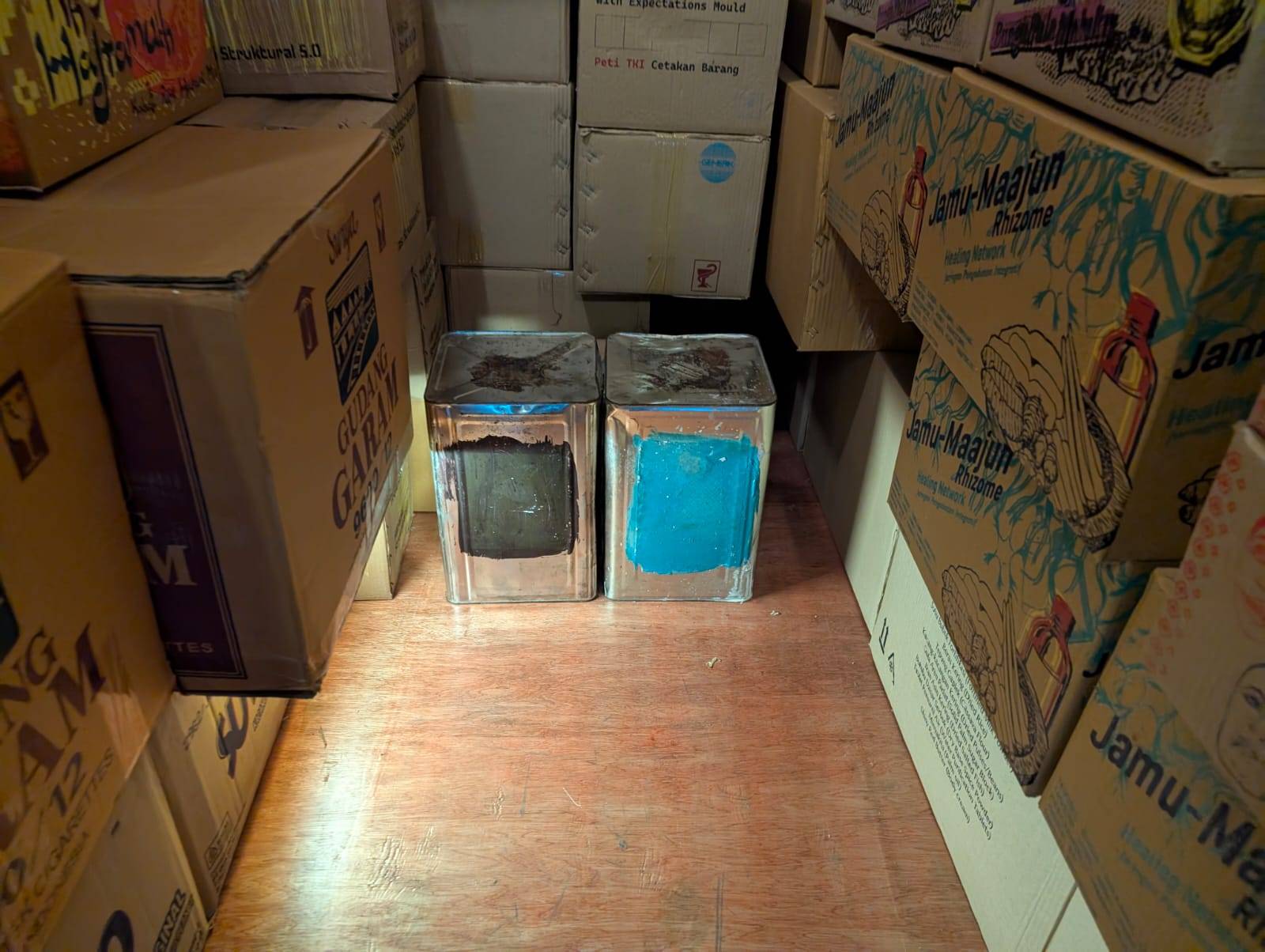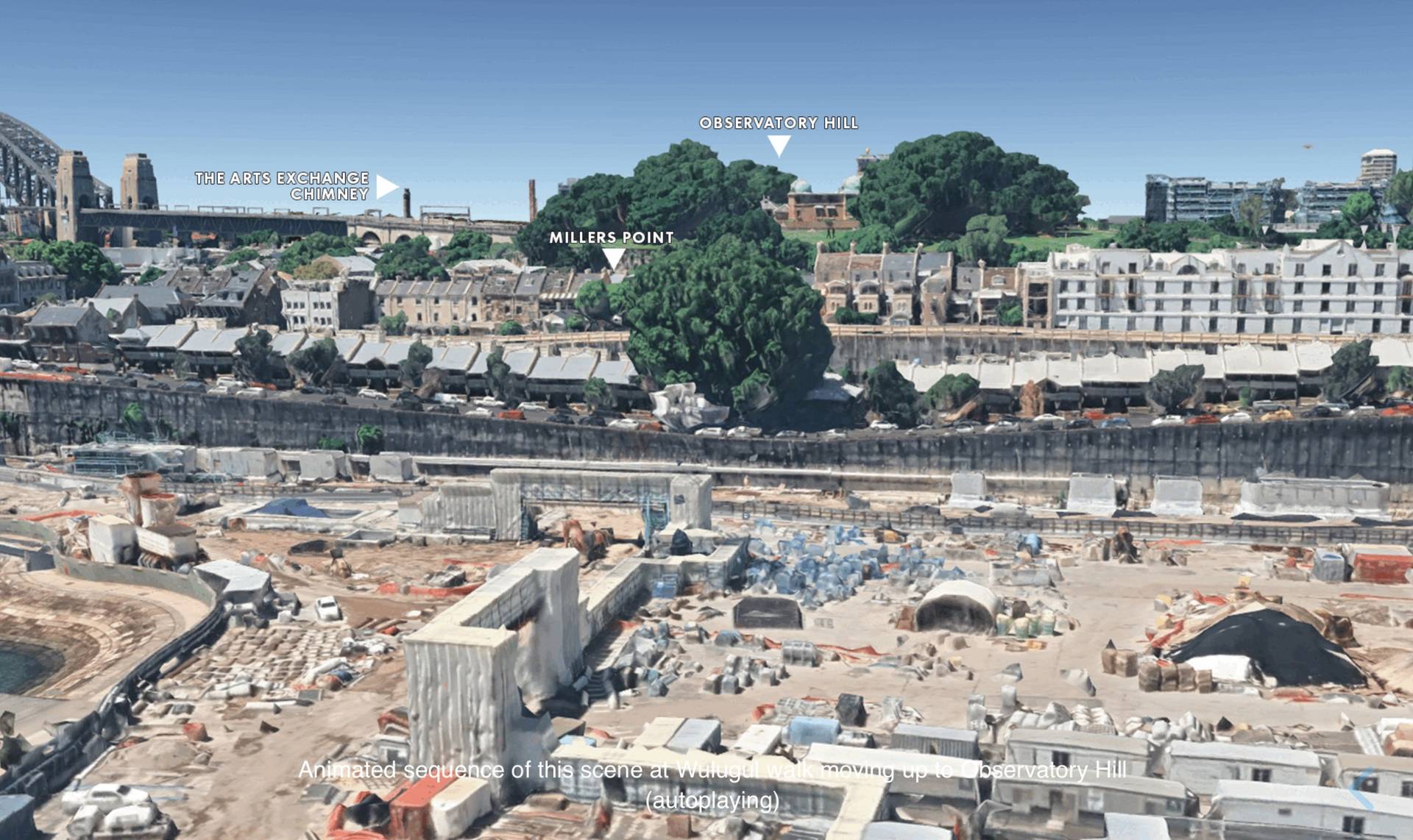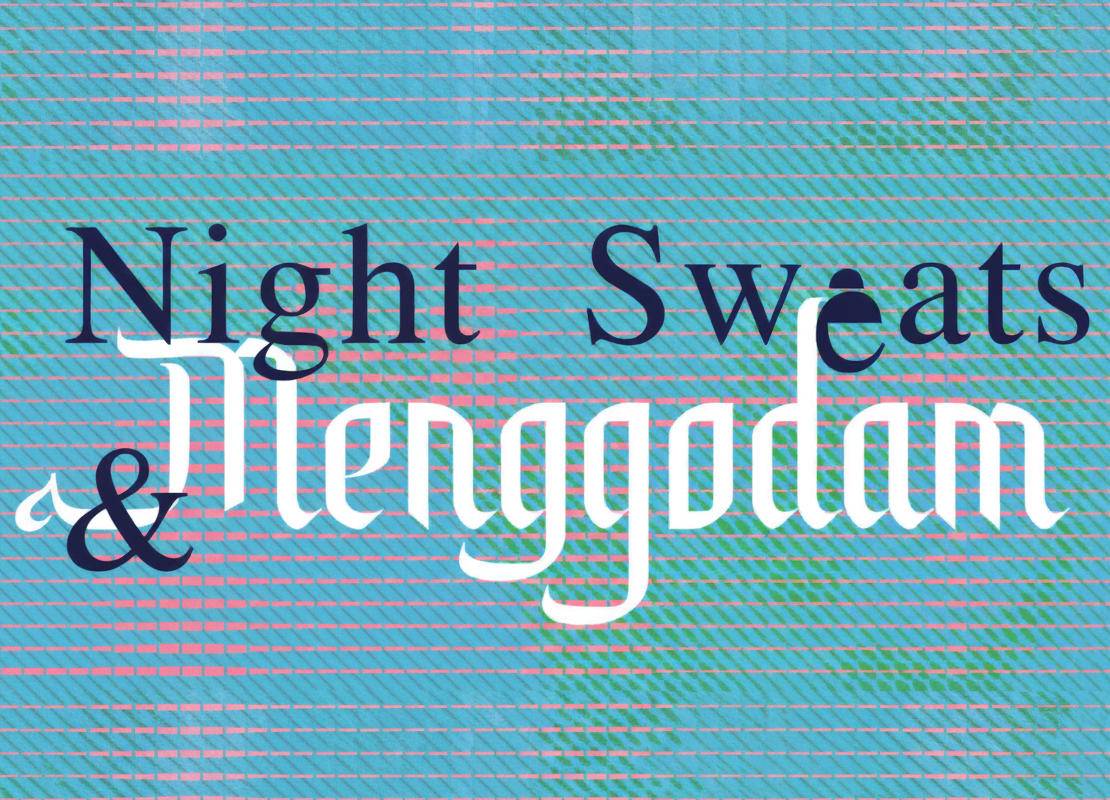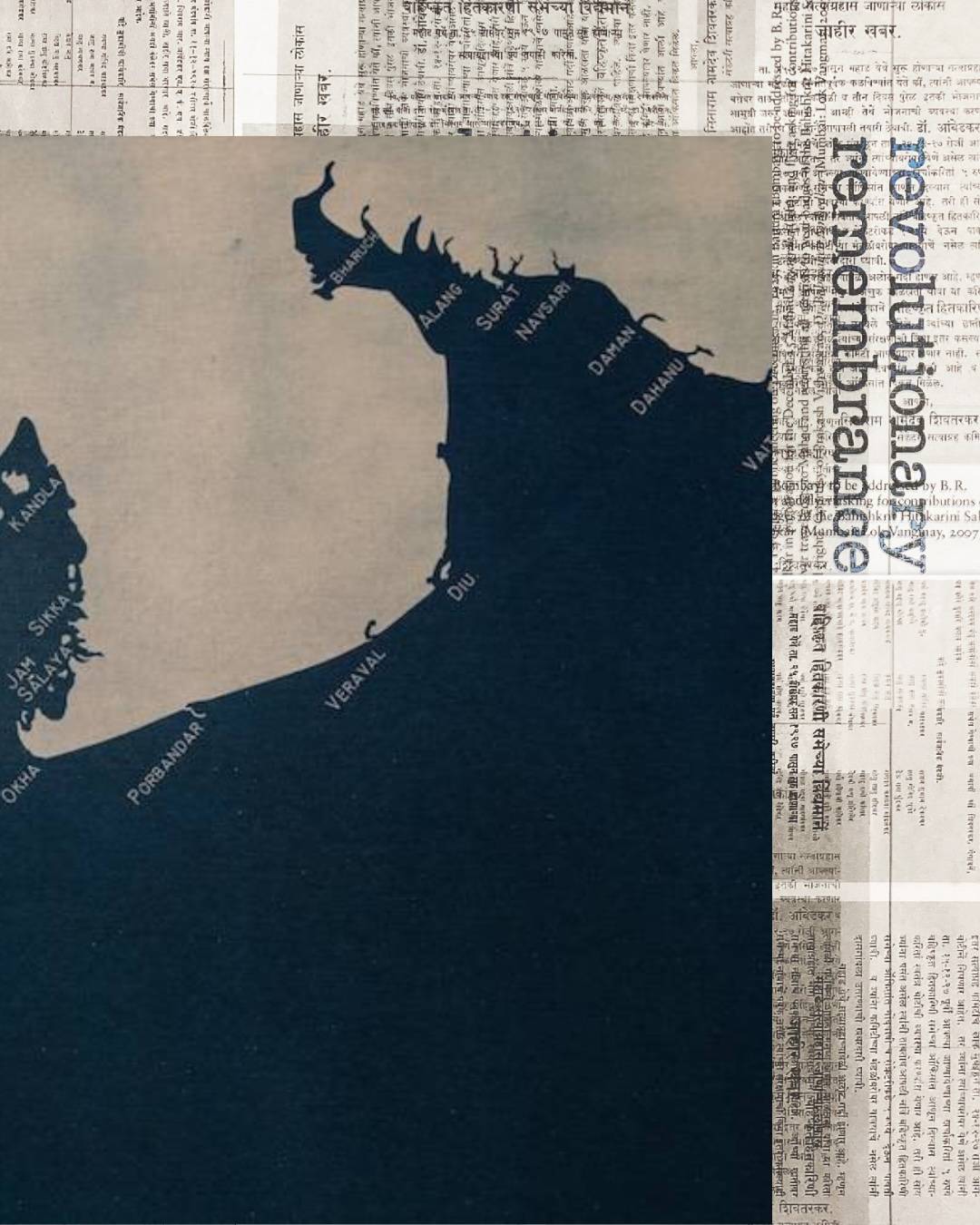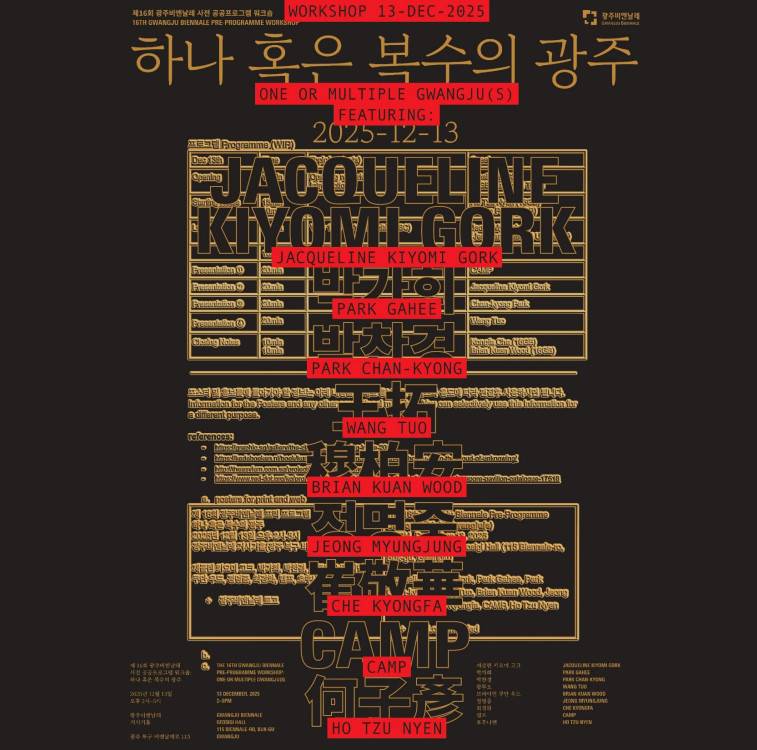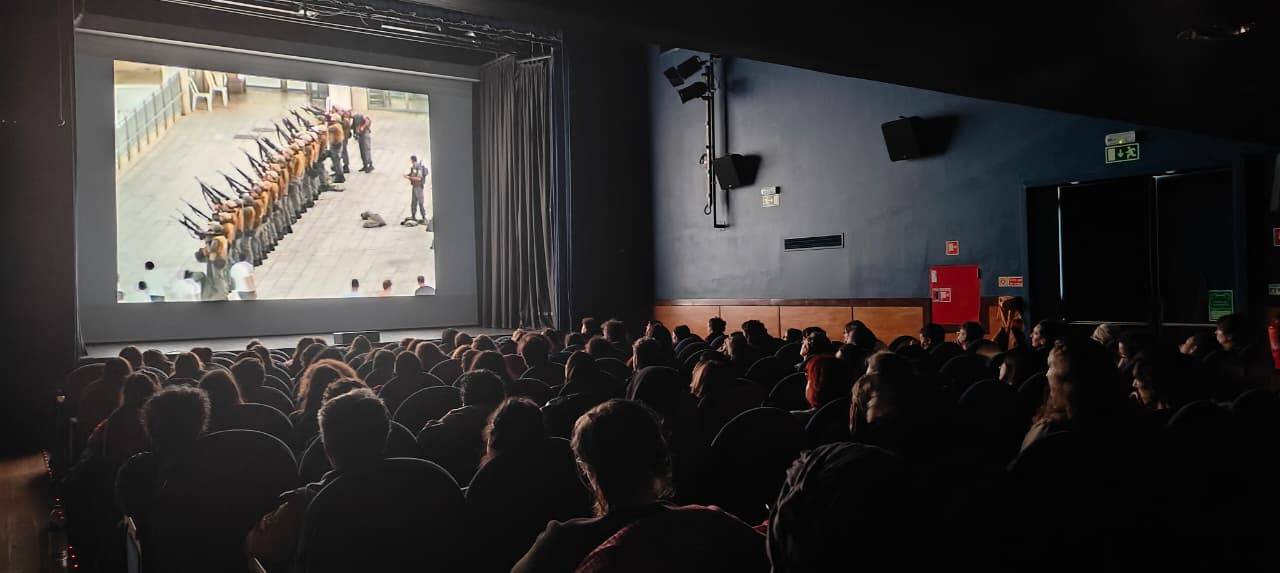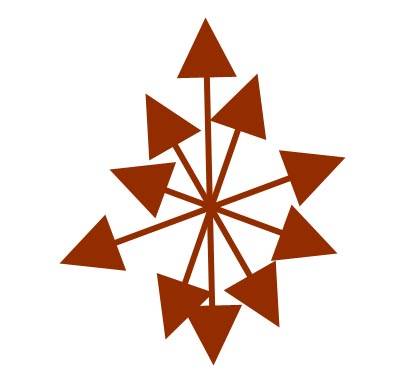
Properties of the Autonomous Archive
Jan. 7, 2011 - Jan. 9, 2011
CAMP, 0x2620 and Pad.ma invite you to:
Friday and Saturday,
January 7 and 8, 2011.
A gathering of key internet platforms, archival initiatives and related infrastructures. Day one is a full day of presentations and discussions on Friday, January 7, 2011.
"Show me your Properties!"
Friday January 7,
10:30 am to 8:00 pm.
Max Mueller Bhavan Library,
K. Dubash Marg,
Kala Ghoda, Mumbai
Schedule:
10 15 onwards: TEA and COFFEE
10 45 Introduction. Ashok Sukumaran: autonomy and translation
11 00 Pad.ma: people annotate describe make add
11 45 Kenneth Goldsmith: If we had to ask permission, we wouldn't exist: a brief history of UbuWeb and the law
12 30 Sean Dockray: AAAAAAAAAAAAAAAAAARG.ORG
1 15 LUNCH BREAK
2 45 Shared Footage Group: Its past and future
3 30 G Sundar and Amar Gurung: Archiving in the vernacular, experiences from Tamil and Nepali
4 15 Rochelle Pinto: The mundane state - historians in a state archive
5 00 TEA BREAK
5 30 Peter Sunde Kolmisoppi: Flattr, the need for alternative financial views
6 15 Matthew Fuller: Two evil media stratagems: structure data & know your sorts
7 00 Lawrence Liang and Sebastian Lütgert: Privacy and Scandal: Radia tapes and Wikileaks
8 00 CLOSING DISCUSSION
Workshop
Saturday, January 8
(if you would like to attend write to info(AT)camputer.org )
This event is supported by the 50 years of the Goethe Institut in India Program.
_______
PROPERTIES OF THE AUTONOMOUS ARCHIVE
"Beyond the status of the archive as property lie the properties of
the archive, which can destabilize and complicate received notions of
rights."
- from Pad.ma, Ten Theses on the Archive, no. 9.
Not only rights, of course, but ALL received notions. The proverbial dust of the historical archive, its actual censorious or smiling archivists, the digital archive's protocols, video codec or "social network", all of these things crowd the archive, its imagination and reproduction. In other words, the archive's real properties tend to destabilize ideal characteristics we may ascribe to it. And tend to take us into exciting side-streets of constraint and possibility, often beyond the motivations or will of authors, rights holders, and even archivists themselves.
Such a sensibility towards properties (not restricted to physical qualities, and extending both the usual sense of property and its ethical sense as "proper", or propriety) can perhaps express better the work of the archive in our times, acknowledge its mediating powers, and suggest how its metaphorical and allusive capacities can be made stronger. That is, how the archive may be related to creative and artistic practices, which is one of our main intuitions with Pad.ma. Practices that, in general, are always entangled with the properties of the materials they work with. So that the focus on footage and not finished films in Pad.ma for instance, asks for a recalibration of ethics and politics around film. The discussion that we hope to have then, is about such qualities and powers of contemporary archives: including their stable or emergent properties, their performance and beauty, survival and capacity, and autonomy.
Why autonomy? Or, autonomy from what? Well partly, from the old and still-valid categories: control by state and corporate interests, historiography of and by the powerful, and from "subjection" in general. But also, by declaring that autonomy is a basic, ontological property of the archive and its contents, atleast two (related) claims are being made:
1. Materials in the archive are not exhausted by annotations, "users", or any uses the material may be subjected to. The irreducibility of materials to narratives means that these are deep reservoirs to which we and others can return, and from which new ideas, experiences and effects can continually be drawn.
2. The autonomy of the archive inverts the logic of people as autonomous (as free consumers, choosers, users) and the archive as merely a resource, as something to be used. Such an archive then has a riskier, more open-ended relationship with the future.
"In declaring their autonomy, archives seek to produce norms beyond normativity, and ethical claims beyond the law." [1]
It is likely that this discussion will take us beyond the metaphor of the archive, to its roots and branches, its fruits and farms, and to the ideas and initiatives that now neighbour it, in a changed landscape. It is clear for example that "found" materials are no longer found, like objet trouve, as if lying unattended on the road. Many of the things we care about or can work with, are found in private or protected territory. But also, increasingly, amidst vast oceans of digital "raw material", as the Wikileaks example shows us. In such an alien (to ideas of culture, or social traditions) landscape, how can individuals or groups act, what analytical tools or creative infrastructures can be built, even at our smallest, scrappiest, and most experimental levels of "making history", as Marx put it in a related context, "in circumstances not of our own choosing"? [2]
